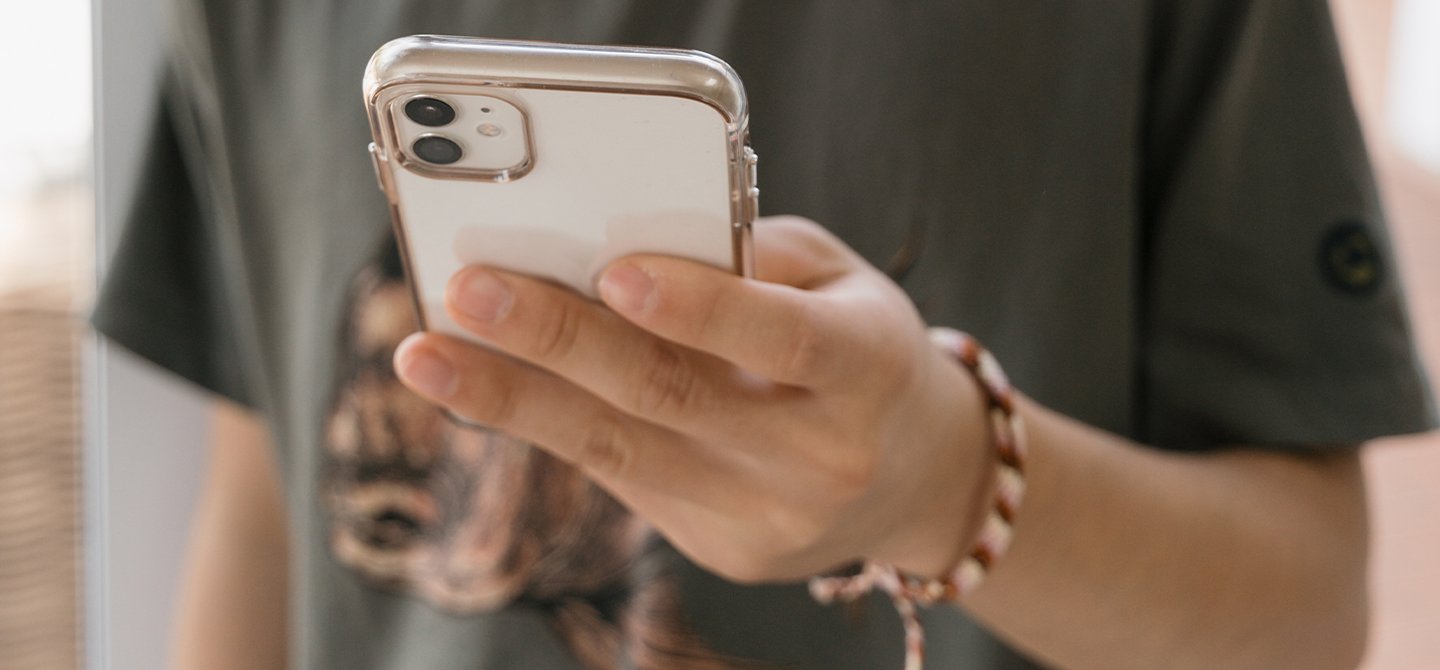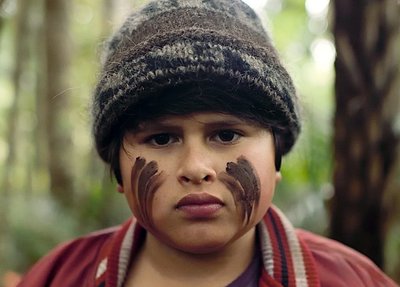
We need to talk about sextortion
Georgia on Aug. 9, 2023
TVNZ's comedy miniseries Sextortion tells the story of a politician who becomes the victim of an online sextortion scheme. The show serves as an important conversation starter for parents to talk to their rangatahi about the risks of sexting and how to stay safe online.
What is sextortion?
Sextortion is a form of online blackmail where someone tricks a victim into sending sexual images or videos of themselves and then threatens to distribute them, usually to the victim’s friends and family, unless the victim pays them money. Often, young LGBTQI+ people are targeted, with the threat of their sexual orientation being outed before they are ready.
The show’s storyline is a comedic but realistic portrayal of how sextortion can happen, and the emotional toll it can take on its victims. Parents can use the show to have an open and honest conversation with their young people about the importance of being cautious when sharing photos or videos online.
What do I do if someone threatens to share my sexual images?
It’s important to understand that sextortion can happen to anyone, and no one is too young or too old to be a target. If this happens to someone in your whānau, it is not their fault and they're not alone – there's help available.
- Do not pay the blackmailer.
- Take screenshots of the chat.
- Report the account to the platform and request them to remove the content.
- Contact Netsafe on 0508 NETSAFE.
- Contact the police on 105.
Parents should encourage their young people to think carefully about what they share online and to be mindful of who they share it with. They should also remind them that once a photo or video is shared online, it can be difficult or impossible to erase, and it can be used to embarrass or blackmail them. You can read more about how to talk to young people about sharing nudes here.
How do I talk about sextortion?
If your tamariki or rangatahi has been harmed by sextortion they will be feeling a bit embarrassed or sad. It can be really hard to deal with. While these feelings may be unbearable right now, you need to remind them that their worth and value still remains. You can talk about how their mana has been diminished without their permission and that this is not okay. Have a conversation about it:
- What is mana?
- What does mana mean to you personally?
- How do you uphold your mana?
Parents should encourage their kids to speak up if they ever feel uncomfortable or threatened online. They should also teach them to recognize the warning signs of a potential scams, such as unsolicited requests for explicit photos or videos, threats to share intimate content, or demands for money.
Links:
- Sex•tor•tion (Netsafe)
- YouTube - Sextortion Youth Campaign (Netsafe)
- Sextortion Scams (Netsafe)
- Internet scam: Bay of Plenty police warn never to send intimate pictures after teenagers blackmailed (Bay of Plenty Times)
- New Zealand Police warn about rise in sextortion cases involving young victims (NZ Police)
- Aussie man’s terrifying Instagram nude ‘sextortion’ (NZ Herald)
- New Zealand’s sextortion victims are mostly young males (1 News)
Subscribe to our blog
Stay up to date with the Classification Office blog.


